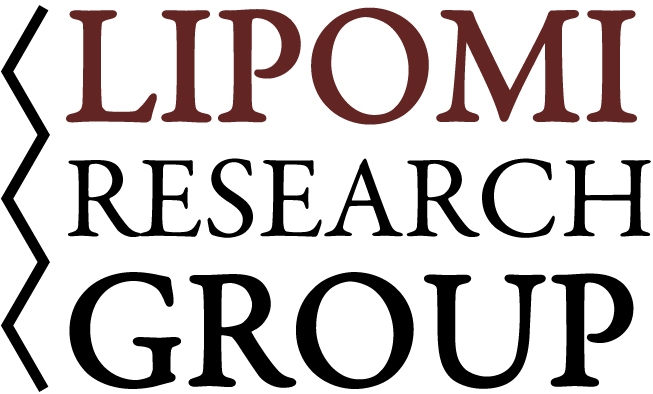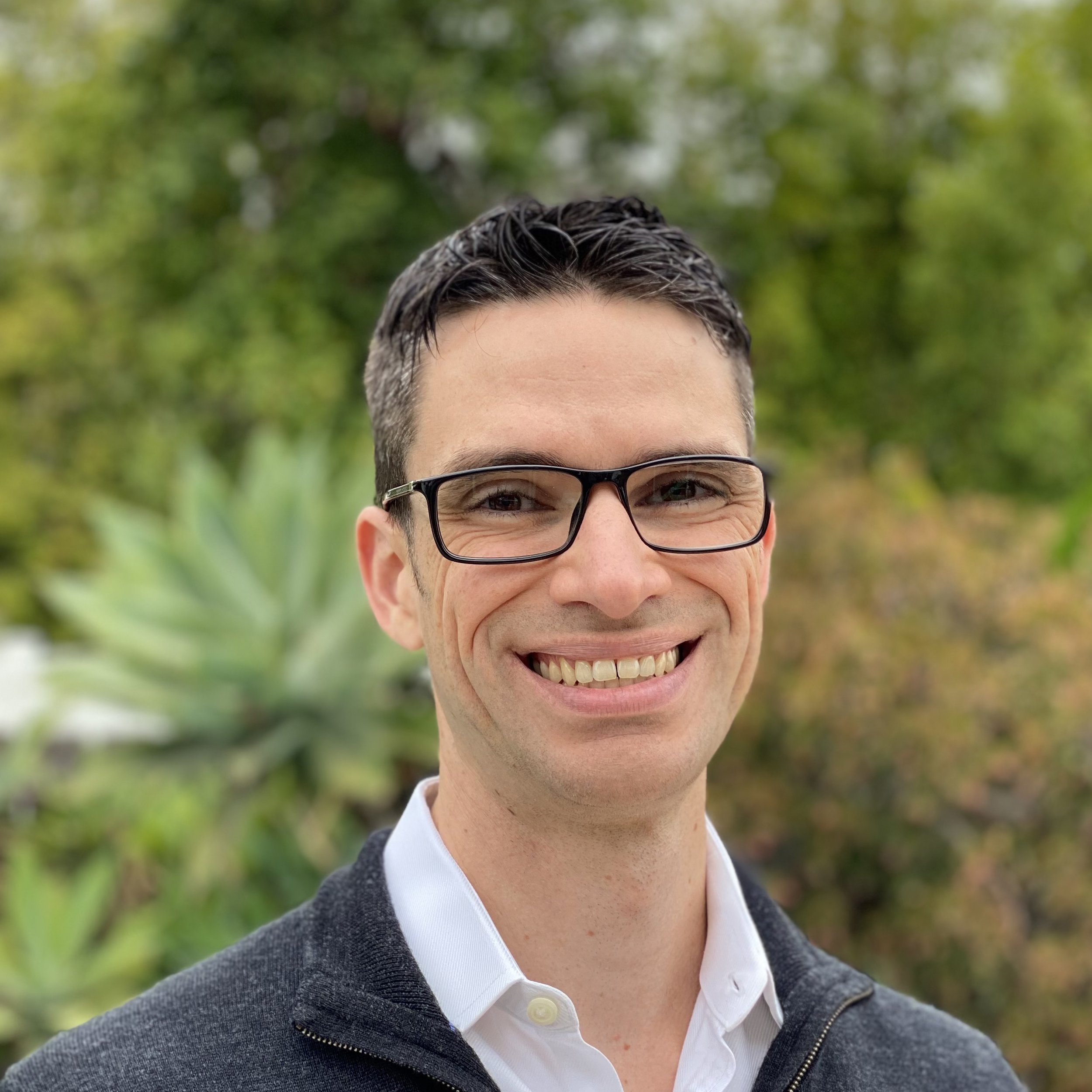Darren Lipomi earned his undergraduate degree in chemistry from Boston University in 2005 and his Ph.D. from the Department of Chemistry and Chemical Biology at Harvard University in June, 2010. At Harvard, he worked in the laboratory of Professor George M. Whitesides in the areas of materials chemistry; nanofabrication, including soft lithography and nanoskiving; materials for optics and electronics; chemical synthesis; and organic photovoltaics. From August 2010 to July 2012, he was a US Intelligence Community Postdoctoral Fellow at Stanford University, department of Chemical Engineering, in the Laboratory of Professor Zhenan Bao, where his work focused on organic materials for mechanically compliant photovoltaic cells and electronic skin. He earned a certificate ("mini MBA") from the Stanford University Graduate School of Business Program in Innovation and Entrepreneurship (now Stanford Ignite). He was appointed in July 2012 as member of the faculty in the Department of NanoEngineering, at the University of California, San Diego, in a search across all departments of the Jacobs School of Engineering in the area of Advanced Energy Technologies, where he also serves as the departmental Diversity Officer. He is an author of over 100 publications, four licensed patents, and during his training was supported by three competitive fellowships, including the Beckman Scholars Program (at Boston University), the ACS Division of Organic Chemistry Fellowship (at Harvard), and the US Intelligence Community Postdoctoral Fellowship (at Stanford). At UCSD, he has received the AFOSR Young Investigator Program award, the NSF BRIGE award, the NIH Director's New Innovator Award, the Presidential Early Career Award for Scientists and Engineers, and the NSF BRITE award. His research has been covered by around one hundred news organizations and sci-tech websites, including CNN, Nature, Popular Science, Wired, Physics World, CNET, PCWorld, and Gizmodo. He is currently Faculty Director of the IDEA Engineering Student Center, which runs 20+ programs and engages with 4,500 students per year. He is the host of IDEAs in STEM Ed and Molecular Podcasting, which combined have 12,000 subscribers in audio and on YouTube.


